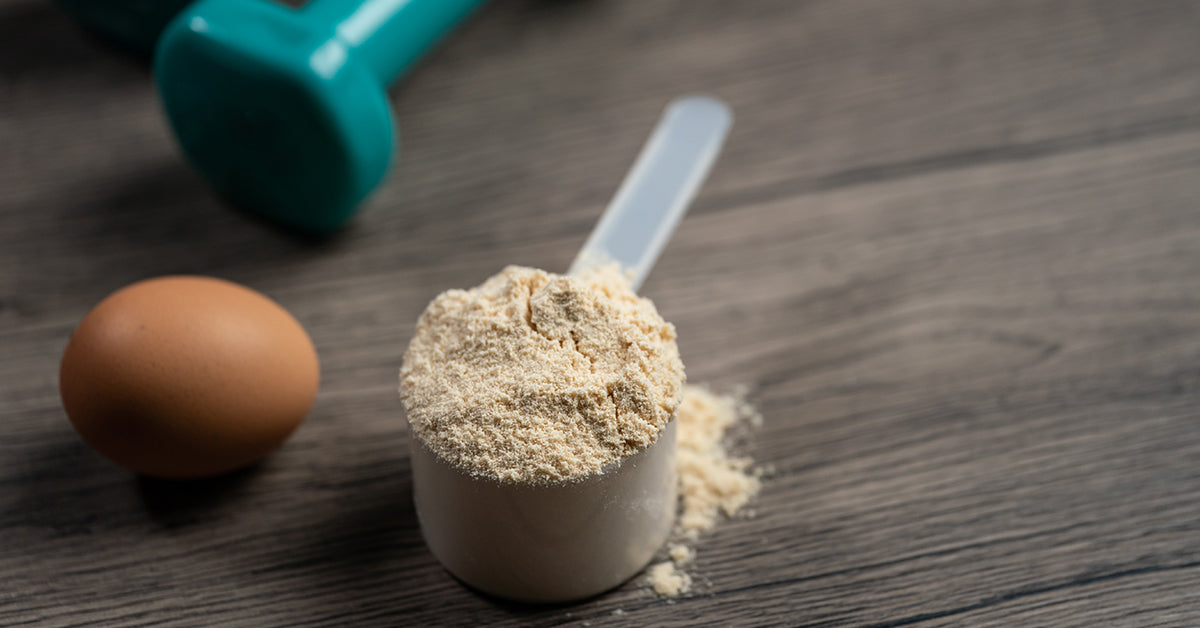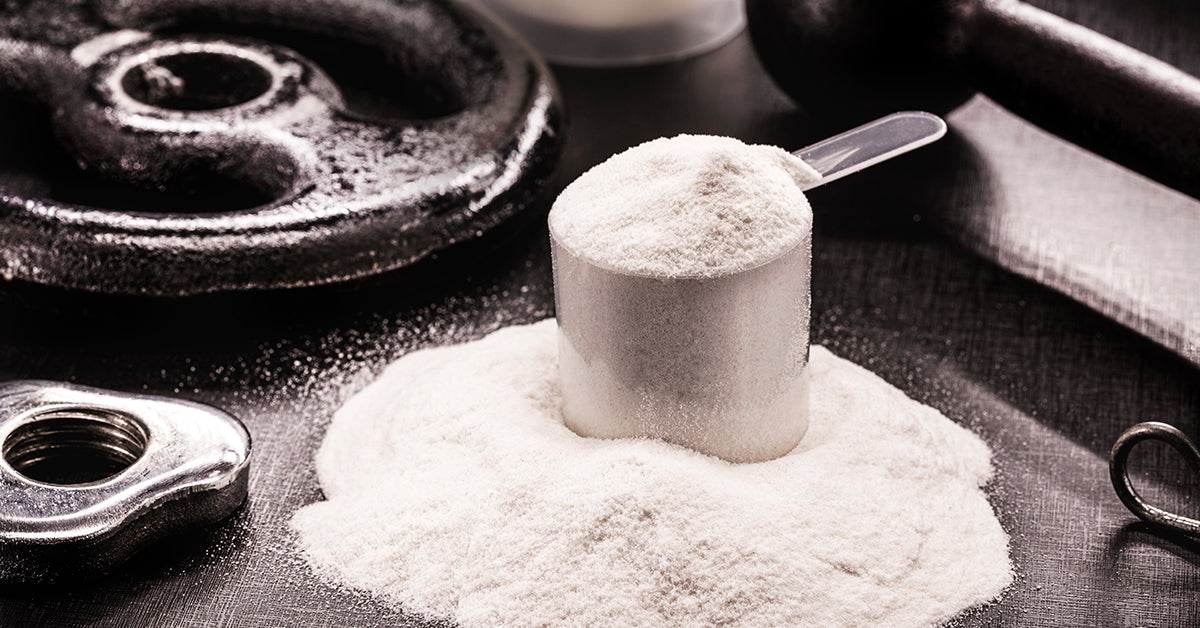Let's deep dive into the science and composition of whey protein explore its significance in the benefits of muscle development
What is Whey Protein?
Whey protein is nothing but a source of complete protein derived from milk, the same cows milk that we have consumed while growing up, during the cheese-making process there is a white liquid which is left behind, that liquid is called as whey, It contains all nine essential amino acids crucial for muscle growth and repair.

That liquid is further processed and made into a powder form for easy consumption, extended shelf life and made it in a more convenient form.
There are a total of three types of whey protein that exist –
1. Whey protein concentrate:
Whey protein concentrate is one of the most common and mostly consumed forms of whey protein available on the market. It typically contains around 80% protein content per serving, along with small amounts of fats, carbohydrates, and lactose. WPC undergoes minimal processing from the whey liquid, making it an affordable option for those looking to supplement their protein intake without damaging much of their pockets. WPC is the most convenient, affordable, easily available and the most common forms of whey protein that is consumed by a beginner to an intermediate level of athlete.
While it may contain slightly higher levels of fats and carbohydrates compared to other forms, WPC might not be suitable for people with lactose intolerance or advanced levels of athletes.
2. Whey protein isolate:
Whey protein isolate undergoes additional processing to remove most of the fats, carbohydrates, and lactose, resulting in a product that is at least 90% protein by content. This makes WPI an excellent choice for individuals who are looking to increase their protein intake without consuming additional calories from fats and carbohydrates. Additionally, WPI is virtually lactose-free, making it a suitable option for those with lactose intolerance and is more easy to digest and assimilate in the human body.
3. Whey protein hydrolysate:
Whey protein hydrolysate is the most processed form of whey protein. It undergoes enzymatic hydrolysis, breaking down the protein into smaller peptides, which are easier for the body to digest and absorb. As a result, WPH is often favored for its rapid absorption rate, making it an ideal choice for post-workout supplementation when quick delivery of nutrients to muscles is crucial. Additionally, because the protein is partially pre-digested, WPH may cause fewer digestive issues for individuals with sensitive stomachs.
It is relatively more expensive than the other two forms of whey protein for its better digestibility factor.
Advantages of Whey Protein:-
Understanding the few reasons why whey protein can be a great supplement for anyone who is looking to build muscle mass , lose weight, lead a healthy lifestyle and complete their daily protein intake easily.

1. Muscle Growth and Repair: Bodybuilding or muscle building revolves around the principle of hypertrophy – the process of increasing muscle size through cellular enlargement. To achieve this, athletes subject their muscles to intense physical stress during workouts, which is the process of working out, causing micro-tears in muscle fibers. The body responds by repairing and rebuilding these fibers, a process facilitated by protein consumption or a chain of amino acids.
Whey protein, with its rapid absorption rate, delivers all essential nine amino acids to muscles quickly, thereby accelerating the repair and recovery process. This swift replenishment of amino acids fuels muscle synthesis, enabling athletes to bounce back stronger and ready for subsequent training sessions.
2. Improved Strength: Consumption of best whey protein , when combined with resistance training, has been demonstrated to enhance strength gains compared to resistance training alone. This is thought to be partly due to whey protein's ability to stimulate muscle protein synthesis, leading to greater muscle hypertrophy and strength improvements over time. Athletes and individuals engaging in resistance training can benefit from incorporating whey protein into their post-workout nutrition regimen to support optimal muscle recovery and performance.
3. Easy to consume: In the fast-paced world of bodybuilding, convenience is paramount. Whey protein offers a hassle-free solution to meet protein requirements amidst busy schedules. Whether consumed as a shake post-workout or incorporated into recipes, such as protein pancakes or smoothie bowls, whey protein provides a convenient way to fuel muscles with high-quality protein.
Furthermore, whey protein's versatility extends beyond muscle building. It can serve as a meal replacement or snack to curb hunger cravings while supplying essential nutrients. This adaptability makes it a valuable asset for athletes striving to maintain a balanced diet conducive to their fitness goals.
4. Enhanced Recovery and Immunity: Intense training not only challenges muscles but also challenges the immune system, increasing the chance of illness. Whey protein, enriched with few essential micronutrients and lactoferrin, exhibits immune-boosting properties that support overall health and well-being.
Moreover, whey protein also helps in reducing inflammation and promoting quicker recovery between workouts. By fortifying the body's defense mechanisms, whey protein ensures athletes can sustain peak performance levels without succumbing to illness or fatigue
5. Bone Health: A lot of emerging research suggests that whey protein may have beneficial effects on bone health, including increasing bone mineral density and reducing the risk of osteoporosis. Whey protein contains bioactive peptides, such as lactoferrin and lactalbumin, which may promote calcium absorption and utilization by bone tissue. Additionally, whey protein's high-quality amino acid profile may support the synthesis of collagen and other structural proteins essential for bone strength and integrity.
Thus you can ensure good foundation of bone health if you are training at high intensity
Practical Applications of Whey Protein:
Pre-Workout Nutrition: Consuming whey protein before a workout can help prime the muscles with amino acids, providing a readily available source of fuel for energy production and muscle performance. Additionally, pre-workout whey protein intake may help prevent muscle breakdown during exercise, preserving lean muscle mass and promoting anabolic processes.
You can consume about a scoop of whey to a half a scoop of whey depending upon your fitness levels.
Post-Workout Recovery: Following intense exercise, the body's demand for nutrients increases significantly. Consuming whey protein immediately after a workout helps replenish glycogen stores, repair damaged muscle fibers, and kickstart the muscle protein synthesis process. Combining whey protein with some amount of carbohydrates can further enhance recovery by promoting glycogen resynthesis and minimizing muscle protein breakdown.
Meal Replacement: Whey protein can serve as a convenient and nutritious meal replacement option, especially for individuals seeking to manage their calorie intake or maintain a high-protein diet. By blending whey protein powder with fruits, milk and nut butters, they can create balanced and satiating meals that support their fitness goals while satisfying their nutritional needs.
Protein Supplementation: Meeting daily protein requirements solely through whole foods can be challenging, particularly for those with hectic schedules or dietary restrictions. Whey protein supplements offer a convenient and cost-effective way to boost protein intake and bridge the gap between meals, ensuring consistent support for muscle growth and recovery throughout the day.
You get about 25-27 gm of complete protein per serving of whey protein, which is equal to 100gm of paneer, 100 gm of chicken breast, 4 whole eggs.
Whey protein is as easy as mixing a scoop of protein in 200ml of water/milk and chugging it down quickly.
How much Whey protein is required?
Now the amount of whey protein required is varied from person to person, the ideal calculation is to consume about 1.8-2gm of protein per kg of your body weight if you are looking to build muscles at an advance level, otherwise consuming somewhere about 1gm to 1.5gm of protein per kg of your bodyweight is a good number that you should start from or stick to if you are at an intermediate stage.
Thus if you are someone who is 80kg heavy, your daily protein requirement would be around 100-120 gm, and it's not easy to complete all of the protein from diet, thus adding a scoop or two in a day can help one to consume about 25-40 gm of protein without any hassle.
Conclusion:
In the world of bodybuilding and fitness, where every training session to every calorie that you consume to every gram of muscle counts, whey protein emerges as one of the best basic and the most helpful supplements that any individual can consume. Its unparalleled ability to stimulate muscle protein synthesis, expedite recovery, and boost immune function makes it a supplement that anyone can consume. As athletes strive for peak performance and optimal physique, incorporating whey protein into their regimen proves not just beneficial but essential in achieving their bodybuilding and fitness aspirations.







